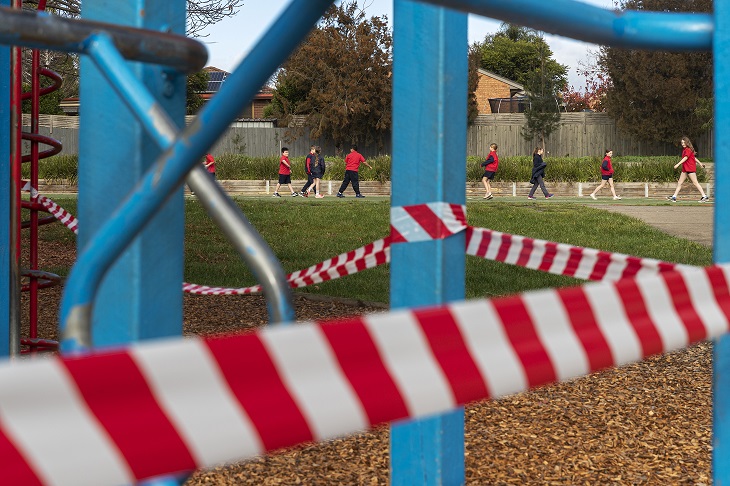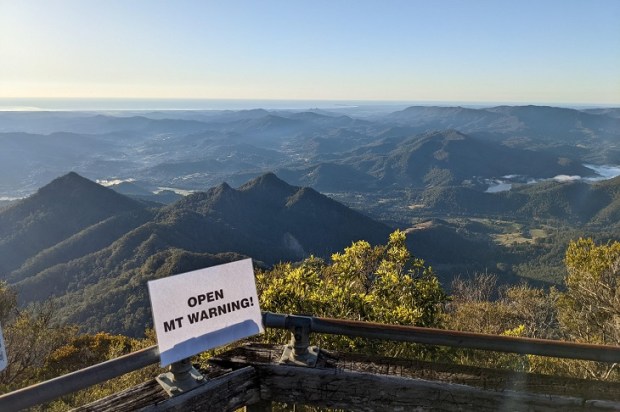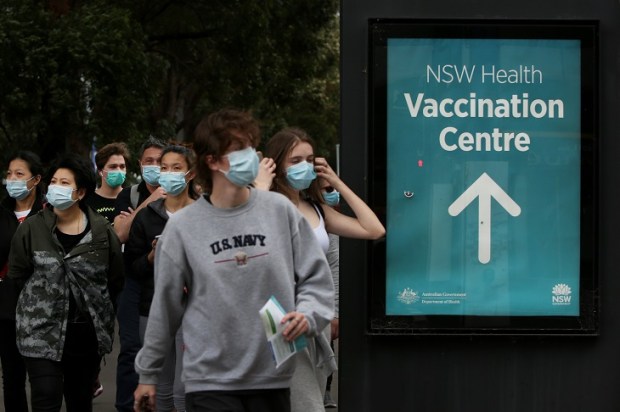I was recently given the privilege of being asked to present on education at the Australians for Science & Freedom (ASF) inaugural conference running the weekend beginning Friday 17, November.
The ASF is a newly formed organisation founded by clinicians, academics, lawyers and public intellectuals including James Allan, Dr Arief Farid, Prof Gigi Foster, Prof Paul Frijters, Dr Lise Legault, Dr Christopher Neil, Dr David Richards, Dr Julie Sladden and Prof Ramesh Thakur, amongst others. It aims to promote intellectual and personal freedom in public debate and public policy, the application of scientific methods to scientific problems, and the transparency and accountability of public decision-making. For more information see visit their website.
My experience includes three decades in education and IT in diverse corporate cultures. This has included significant exposure to numerous large-scale systems and the opportunity to analyse the results of change. The following is an excerpt from my planned talk. If you find it useful, consider attending the ASF conference. I would much appreciate your feedback and thoughts and I can be contacted on Twitter at @JasonStrecker.
What we saw, what happened and what was experienced
The media bombarded us with cataclysmic predictions and terrifying scenes of people falling down in the street, patients on ventilators and mass graves reminiscent of scenes from some zombie apocalypse movie.
A term called ‘precautionary principle’ was injected into the common vernacular, which seemingly provided justification for any strategy the government could think of to halt the spread or impact of the disease. The Encyclopedia of Environmental Health defines the precautionary principle as:
‘Fundamentally, the dilemma is that the ethical choice, better safe than sorry, can be costly because an action designed to avoid a potential damage can be counterproductive for society: a seemingly precautionary action can do more harm than good. Risk-cost-benefit analysis (RCBA) resolves this dilemma by informing decision-makers about the probable net benefits of each of the actions they may consider to minimise the effects of exposure to a serious environmental hazard.’
However, there was no cost-benefit analysis conducted, and any policies presented seemingly had zero cost.
We witnessed the rise of the Chief Health Officer. An expert who was ordained to make decisions to keep us from harm.
The Brisbane Times reported CHO Dr Jeannette Young in April 2020:
‘While evidence showed schools were not a high-risk environment for the spread of the virus, closing them down would help people understand the gravity of the situation.
‘If you go out to the community and say, “This is so bad, we can’t even have schools, all schools have got to be closed,” you are really getting to people,’ Dr Young says.
‘So sometimes it’s more than just the science and the health, it’s about the messaging.’
It was an admission that people’s behaviour was being coerced during Covid with messaging to achieve a desired aim.
By and large, the public expects our health experts to present recommendations based on the health science, not behavioural science. In my opinion, this admission demonstrated that the medical industry and political class showed a preparedness to use children as pawns in a societal game of chess, rather than consideration of what was in their best interest. The result of this was an injection of fear into society with a booster dose saved for those most vulnerable.
In response, Dr Aaron Kheriaty, Professor of Psychiatry and Ethics admonished this type of behaviour, proclaiming ‘Any society that uses children to shield adults from harm has entirely lost its moral bearings.’
How Learning has been impacted
From the Brookings Institute in March 2022:
‘Average fall 2021 math test scores in grades 3-8 were 0.20-0.27 standard deviations (SDs) lower relative to same-grade peers in fall 2019, while reading test scores were 0.09-0.18 SDs lower. This is a sizable drop. For context, the math drops are significantly larger than estimated impacts from other large-scale school disruptions, such as after Hurricane Katrina – math scores dropped 0.17 SDs in one year for New Orleans evacuees.’
Health policies resulting in schools shutting down and the introduction of fear-driven policies have cost our children more in learning than the devastation faced in the aftermath of Hurricane Katrina.
Students I spoke with reported an 80 per cent decrease in productivity and persistent fatigue during lockdowns. They recalled feeling lethargy towards their study during isolation after testing positive or being a close contact, despite not being significantly ill. They recounted feeling burnt out and expressed that the unchanging home environment was draining with holidays failing to provide a reprieve from the monotony.
Aboriginal Education
Interestingly, Noel Pearson noted that in-person education is so important that he ‘has called for welfare payments to be contingent on school attendance by Aboriginal kids in the face of plummeting participation rates’.
He also points out that ‘explicit instruction can benefit disadvantaged students, whether they be from low-socioeconomic backgrounds, regional and remote Australia, and many of the country’s Aboriginal and Torres Strait Islander kids’.
In his Quarterly Essay titled Radical Hope Education and Equality in Australia in 2009, Noel Pearson concludes that nothing is more crucial to future success than a proper education.
If Noel Pearson is right then the corollary is that, for the majority of kids, not having in-person classes has to have a detrimental effect on a child’s development and future prospects.
Rebuilding Education and relationships
A key part of teaching is relationships. I remember teaching a terrible lesson, I knew it and the students knew it. I remember a student approaching me afterwards, full of praise for a lesson that resonated with them. It wasn’t my fantastic teaching. It was because I had taken an interest in what they did outside of school. Teaching is about imparting knowledge, but this requires more than the mastery of a subject area. I have found particular benefit from including stories to create a memorable narrative for students to instinctively recall when under the time-constrained pressures of assessments and examinations.
Like the first rays dancing across a new dawn, well-honed strategies are being intertwined with new to illuminate and bring an end to the education darkness.
Two such sources of light have been:
Firstly, giving students permission to understand that the circumstances have been unfair and out of their control. Recognition of this often helps bring tangible meaning to their challenges which can then be overcome. Many children express feeling adrift, knowing things aren’t quite right but lacking the capacity to bring the multitude of factors into focus. There is a danger that this can be used as an excuse, so don’t let it become one. Instead, affirm that you are working with them and will do your best to help get back what has been lost.
And secondly, some parents have become unsure of themselves. Give them cause to free themselves of underlying guilt. Just by affirming them as parents and expressing appreciation for their partnership with you can have a profound impact. A positive relationship will help overcome the challenges you will both face.
We have set out on a journey of restoration and like any worthwhile journey there will be battles, some of which must be won. There will also be joys and disappointments, but that is the nature of teaching. We must never forget the privilege it is to be part of a child’s education, development and life.
Got something to add? Join the discussion and comment below.
Get 10 issues for just $10
Subscribe to The Spectator Australia today for the next 10 magazine issues, plus full online access, for just $10.


























Comments
Don't miss out
Join the conversation with other Spectator Australia readers. Subscribe to leave a comment.
SUBSCRIBEAlready a subscriber? Log in